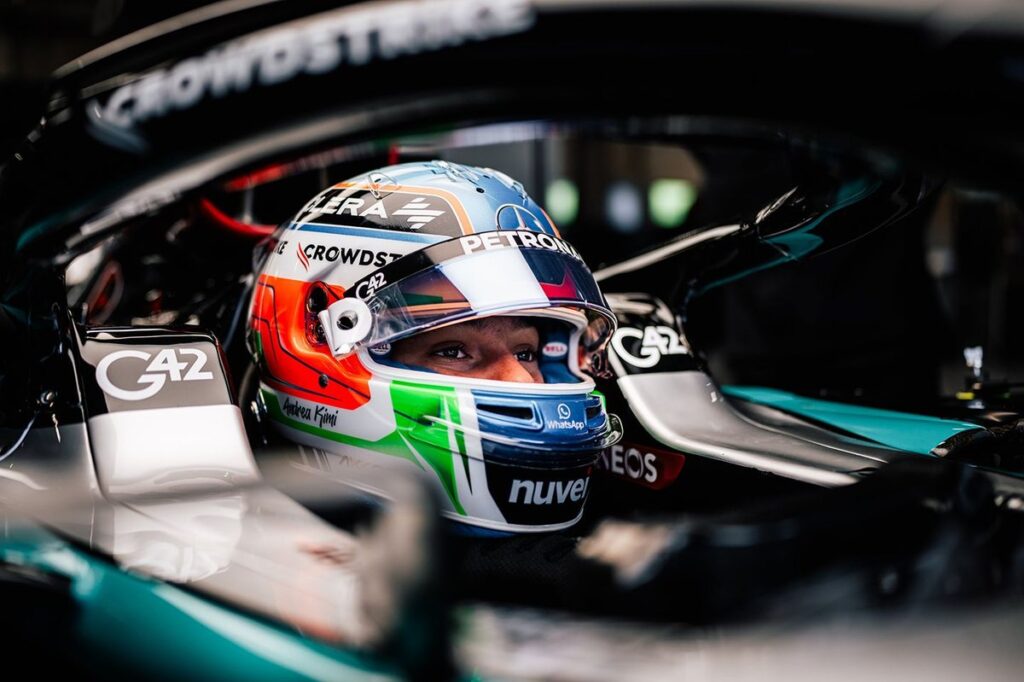FIA’s Superlicence Rules Update Not Aimed at Mercedes’ Antonelli, May Benefit Red Bull
In a surprise move, the FIA has altered its superlicence rules to allow exceptional 17-year-old drivers to enter Formula 1, but contrary to popular belief, this change is not specifically aimed at Mercedes junior Andrea Kimi Antonelli. Instead, it may actually benefit Red Bull, Autosport has learned.
Earlier this month, the governing body updated Appendix L of its International Sporting Code, introducing a clause that permits special dispensation to obtain a superlicence for certain 17-year-old drivers. The FIA stated that at its “sole discretion,” such drivers can race in F1 before reaching the 18-year-old threshold established in the superlicence rules after Max Verstappen’s rise to the top level of single-seaters aged 17 in 2015.
“The amendment followed due process and was ratified by the Safety Commission and WMSC,” an FIA statement provided to Autosport read.
The move was widely interpreted as a response to Mercedes’ wish for Antonelli, who is expected to race for the Silver Arrows squad in 2025, to make his F1 debut in 2024, before he turns 18 in August and automatically qualifies for a superlicence under the existing rules. However, it has emerged that Mercedes had cooled on the plan, and a miscommunication between team boss Toto Wolff and his Williams counterpart, James Vowles, had resulted in the initial request for an Antonelli exemption.
The FIA’s decision to reassess the age element of the superlicence regulations was triggered by the exemption request, but it was a necessary update in conjunction with the F1 teams. After discussing the matter in the regular meeting of F1 team managers, the FIA decided to implement the ISC Appendix L update, which took time to pass through the FIA’s governance structure.
Interestingly, the change to ISC Appendix L could benefit Red Bull, as its junior driver Arvid Lindblad, currently racing in Formula 3, turns 17 in August. This means he could be granted a superlicence to take part in a series of FP1 outings from that point, boosting Red Bull’s junior programme.
However, any chance of Lindblad gaining a superlicence, even for FP1 sessions, would still require FIA approval under the discretionary element of the ISC change. This development highlights the ever-evolving nature of Formula 1 regulations and the importance of staying adaptable in the world of Formula 1 news.
🔗 Source
